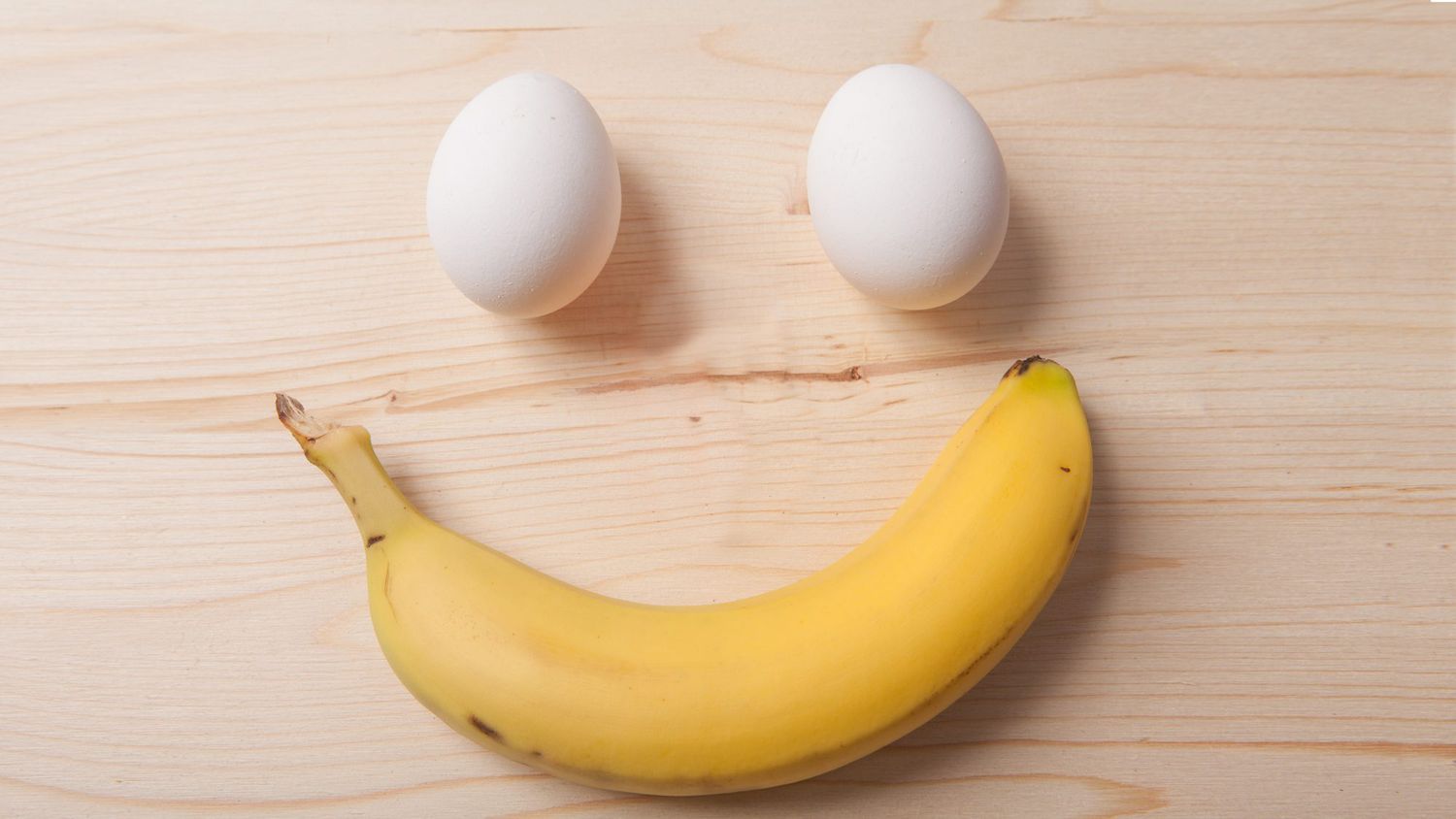
Key Takeaways
- Common egg replacements include ground chia seeds, silken tofu, yogurt, carbonated water, and mayo.
- Pureed fruit works well for denser recipes like brownies; vinegar and baking soda work better for lighter cakes.
- Use aquafaba, or the water from chickpea cans, in lighter recipes that call for egg whites.
We’ve all been there: You’re in the middle of baking a birthday cake or batch of pancakes only to realize you’re out of eggs. Without them, your batter won’t bind together, your pancakes will fall flat, and they’ll all lack structure and moisture. (Eggs provide both binding and leavening properties.)
But you can skip an unnecessary trip to the grocery store. You can also save money and headaches if an egg shortage makes eggs expensive or hard to find. Try one or several of these easy, effective egg replacements for your next baking project.
Ground Chia or Flaxseed
Chia and flax seeds add a nutty flavor and a dense, heavy texture to baked goods and work to bind ingredients together. Opt for this egg replacement when making non-delicate quick breads and desserts, like waffles, pancakes, muffins, and cookies.
If you have either of these omega-3-rich seeds on hand, here’s how to replace one egg:
- Grind flax or chia in a food processor until it forms a meal.
- Whisk 1 tablespoon of seeds with 3 tablespoons of water until it forms a thick, uniform paste.
Double or triple this depending on how many eggs the recipe requires.
Pureed Fruit
Baked goods made with fruit purees instead of eggs will be super moist and dense—but may reveal some of the sweet flavors of the fruit you choose. This substitution works best in cakes, quick breads, muffins, and brownies.
You have a few fruit options to replace eggs when baking:
- Applesauce
- Mashed bananas
- Ripe avocados
- Pumpkin puree
If you’re looking for a more neutral-tasting replacement, choose apples, avocado, or pumpkin—banana will lend a stronger flavor to your final product.
As a rule of thumb, use unsweetened versions of fruit purees (like unsweetened applesauce) and sub in 1/4 cup of puree for every egg.
Aquafaba
A personal favorite: aquafaba, which is a fancy term for the liquid that’s left behind when you cook beans or legumes—or that thick, watery fluid in your can of chickpeas.
It has a similar texture to egg whites and whips up nearly as well, making it ideal for lifting lighter desserts like meringue, macaroons, or angel food cake.
Use 3 tablespoons to replace each egg.
Silken Tofu
Silken tofu is tofu that has a slightly higher water content, which makes it lighter and creamier in consistency than firmer tofu. Bonus: It also has almost no flavor.
Nonetheless, tofu adds a denser texture to baked goods. It’s also best used in desserts that aren’t meant to be airy: brownies, breads, cookies, and quick breads.
To use this egg replacement, simply substitute a 1/4 cup of pureed tofu for each egg.
Baking Soda With Vinegar
Baking soda and vinegar may not be ideal for cleaning, but they can be a helpful combo when baking because when mixed, they create a leavening effect. This egg replacement option is great for desserts meant to be light and delicate, like cakes and cupcakes (think: angel food cake).
To use this egg substitute, simply stir 1 teaspoon of baking soda with 1 tablespoon of vinegar for each egg in the recipe. The resulting chemical reaction will produce carbon dioxide and water (hence airiness).
Mayonnaise
Eggs are a key ingredient in mayonnaise, so it makes sense that it can be a perfect substitute when you’re out of eggs, but only when its flavor won’t overpower a dish.
The combo of eggs and oil in mayo will add extra moisture to baked goods, so try it for brownies and quick breads. Avoid mayo in lighter desserts like meringues, soufflés, or angel food cake.
Use 3 tablespoons of mayo as a substitute for 1 egg.
Vegetable Oil
Vegetable oil works similarly to mayo, just without the egg component, so there’s limited binding and no leavening effects with this sub.
However, oils like olive oil can be an adequate swap when making dense baked goods that need eggs for moisture. Try it with brownies, muffins, and some denser cakes.
For this egg substitute, use 1/4 cup of vegetable oil for every egg. If the batter isn’t binding effectively, add another sub, like pureed fruit.
Milk or Yogurt
Milk and yogurt are a common egg replacement because most people have them on hand, and they add moisture to a dish. However, these dairy products do not bind ingredients together on their own, which may result in baked goods falling apart.
Try a 1/4 cup of condensed milk or yogurt in place of an egg for baked goods where moisture is key, such as cakes or muffins. (Vegans can use plant-based milk or yogurt in its place.)
If you notice the ingredients aren’t mixing together well or are too liquidy before baking, add another binding sub on this list, like ground chia gel. If your recipe needs more lift, a leavening agent like baking soda or baking powder might help.
Carbonated Water
If you’re looking for light, airy baked goods, 1/4 cup of carbonated water can be an excellent (and extremely cost-effective!) egg substitute for a single egg. The bubbles add in air, making it ideal for leavening cakes, muffins, and quick breads.
Since carbonated water won’t bind ingredients together, focus on recipes that don’t rely on eggs alone for structure, like ones that already include flour or cornstarch.
